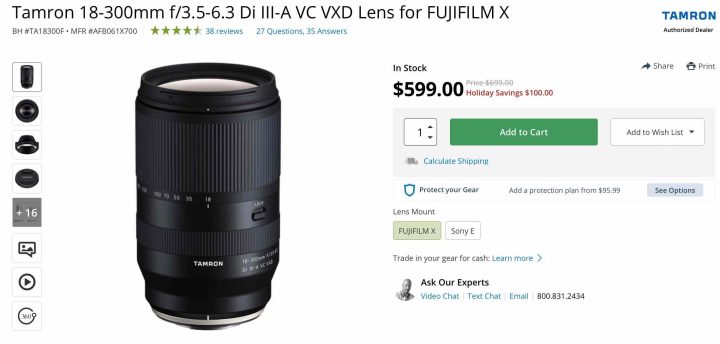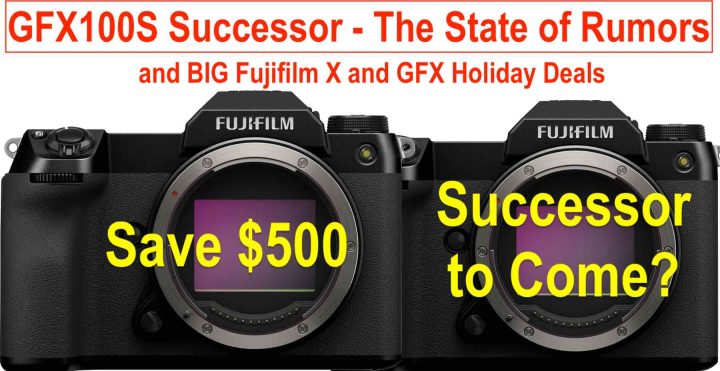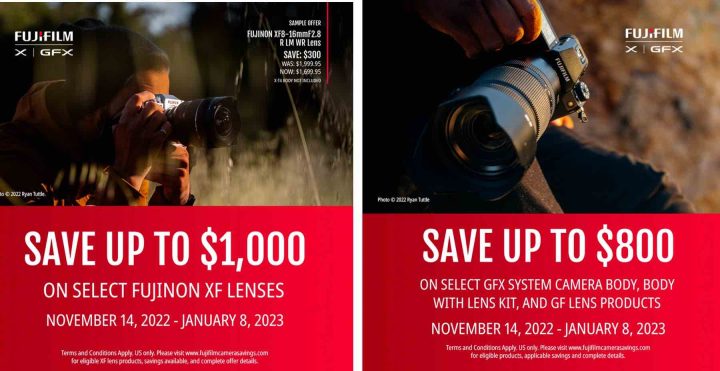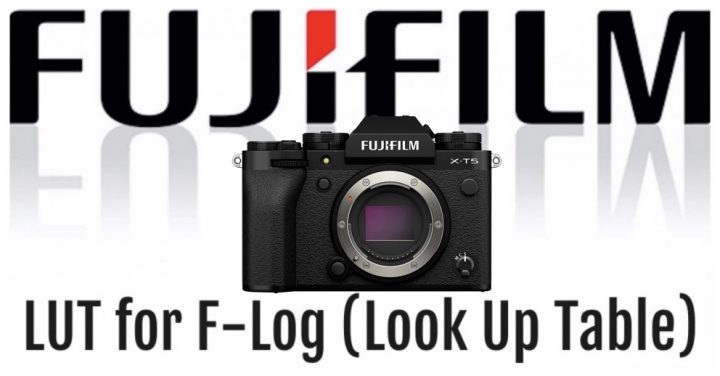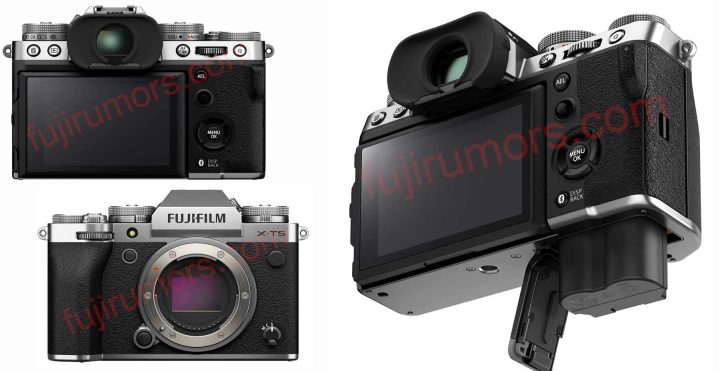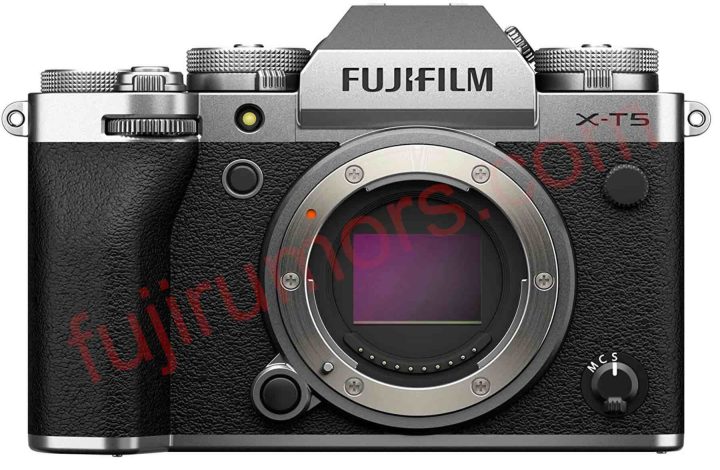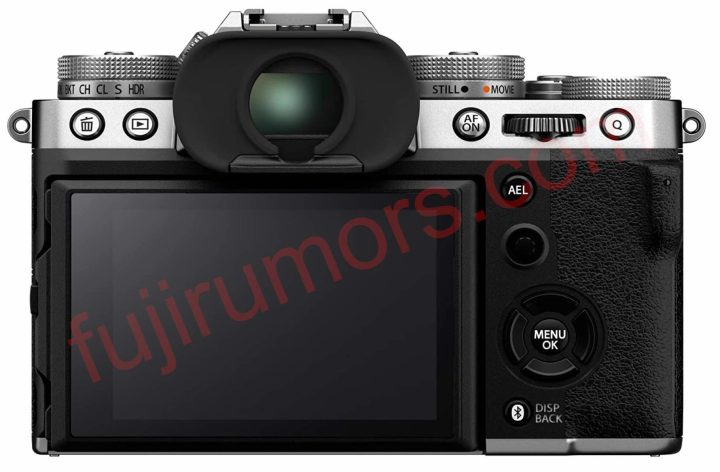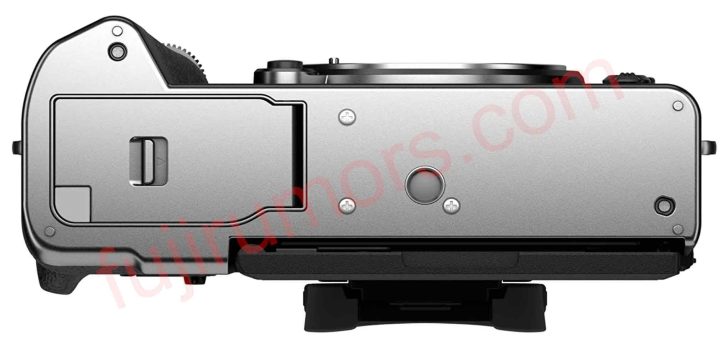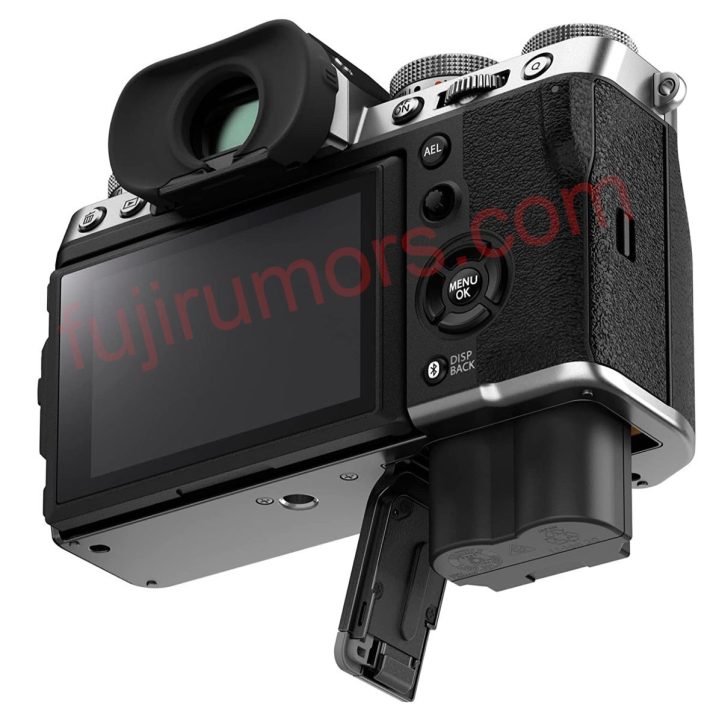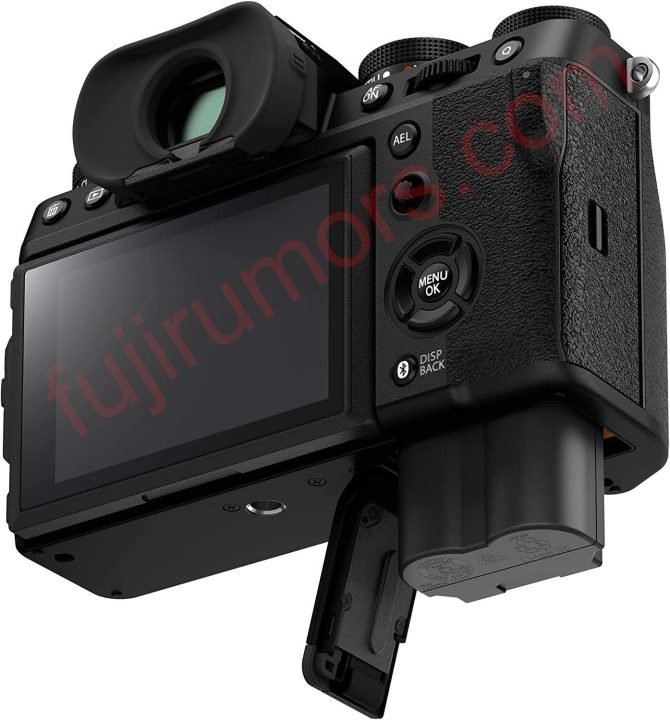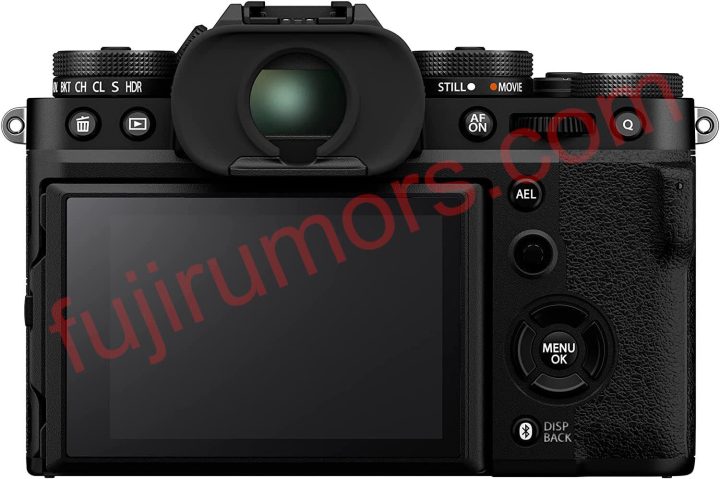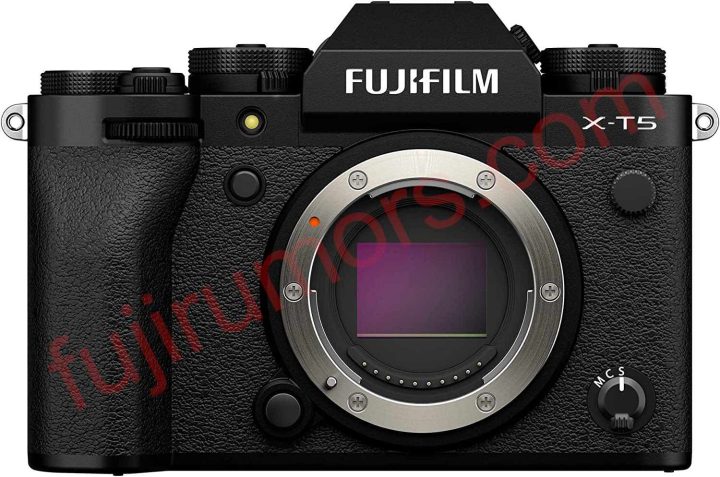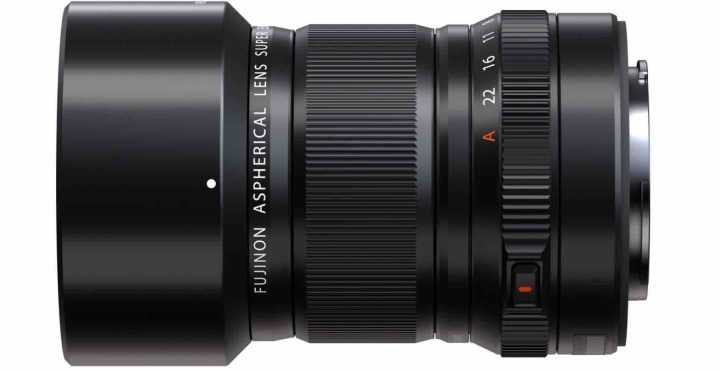Fujifilm Introduces FUJIFILM X-T5 Mirrorless Digital Camera
Delivering Fifth-Generation Image Sensor and Processing Technologies in a Compact and Lightweight Body
X-T5 USA Pre-Orders*
X-T5 Other Countries
Fujinon XF30mmF2.8 Macro Pre-Orderrs
- USA: BHphoto / AmazonUS / Adorama
- Worldwide: AmazonCA / Amazon of Your Country
- UK: AmazonUK / WexUK / ParkCameraUK
- EU: AmazonDE / AmazonIT / AmazonFR / AmazonES / CalumetDE / FotoErhardt / Fotokoch / PCHstore
VALHALLA, N.Y. — FUJIFILM North America Corporation is pleased to announce the introduction of the FUJIFILM X-T5 digital camera (X-T5), the latest addition to Fujifilm’s innovative line of X Series, X-T mirrorless digital cameras. Fujifilm brings its fifth-generation imaging sensor and processing technology to X-T5 in a camera body that is more compact than each of its previous three X-T system camera models1.
X-T5 is the latest X Series camera to feature Fujifilm’s new, powerful back-illuminated 40.2MP X-TransTM CMOS 5 HR imaging sensor and high-speed image processing engine, X-Processor 5. It also provides up to 7.0 Stops2 of 5-axis in-body image stabilization (IBIS) and features a 3.69-million-dot EVF viewfinder with 0.8x magnification, and dual SD-card slots, delivering the highest image quality and resolving performance in the history of the X Series.
“X-T5 combines all the fan favorites in one body. This system offers IBIS in a compact and lightweight body – designed for portability which is at the core of our X-T system. We’re also reintroducing the 3-way tilt screen to create stills and video from any position,” said Masato Yamamoto, general manager, Imaging Solutions Division, FUJIFILM Corporation. “At Fujifilm, we continue to push the boundaries of camera technology with each new camera release. X-T5 is no exception – offering fantastic all-round performance for both stills and video.”
Features of X-T5 include:
Image quality and resolving performance
• The new 40.2MP back-illuminated X-Trans CMOS 5 HR Imaging Sensor, with a state-of-the-art image processing algorithm, delivers advanced image resolution without compromising the signal to noise (S/N) ratio. This image processing algorithm delivers outstanding results, packed with detail across the native ISO range, which with X-T5 extends to ISO 125. Additionally, the Pixel Shift Multi-Shot feature allows photographers to make 160MP, super high-resolution images, while Subject Detection autofocus (AF) – capable of detecting animals, birds and a variety of other common subjects– combined with the auto white balance, will assist photographers of all levels with producing superb, high-quality images.
• X-T5 offers 19 Film Simulation modes, including “Nostalgic Neg.,” characterized by high saturation and soft tonality. Creators can use Film Simulation presets, which mimic photographic film, for various subject types and scenes. X-T5 supports the HEIF image format, which delivers 10-bit image quality in files up to 30% smaller than standard JPEGs.
Hardware, design and operability that provides powerful support to users’ content creation
• X-T5’s in-body image stabilization (IBIS) system, works in five axes, combats all types of camera movement, and provides up to seven stops of compensation which can continuously freeze 20 frames in a single click of the shutter. The dedicated software “Pixel Shift Combiner” processes the captured frames to generate an image containing some 160 million pixels.
• A maximum electronic shutter speed of 1/180,000 sec is also now available for photographers wishing to freeze subjects moving at high speeds. The 1.84-million-dot, three-way tilting LCD makes it easy for users to create in vertical position or at waist level.
• The new sensor offers a high number of phase detection pixels for impressive AF-S focus on a high-frequency subject, providing accurate autofocusing in situations such as landscape photography and portraiture. Also, the AF prediction algorithm offers stable focusing in AF-C mode.
• Equipped with a high-magnification, 3.69-million-dot EVF with 0.8x magnification, the viewfinder delivers optimal suppression of parallax and distortion which typically occur when an eye position becomes displaced while using the viewfinder.
• The classic X Series design has been retained with dials for ISO, shutter speed and exposure compensation – quick and easy to set, even with the camera switched off. Weighing just 1.23 lbs. (557g) 3, X-T5 is 50g lighter than the prior FUJIFILM X-T4 digital camera model and is perfect for a wide variety of photographic genres from street / documentary photography, where mobility is a requirement, to landscape photography and portraiture, which require particularly high resolution. Portability coupled with the camera’s weather-resistant structure allow users to take X-T5 into nearly any weather conditions.
Featuring extended video functions
• Offering powerful video functionality, movies can be recorded internally at up to 6.2K/30p in 4:2:2 10-bit color. In addition, the 4K HQ mode oversamples 6.2K footage for superior 4K output. X-T5 supports F-Log2, which records an expansive dynamic range of 13+ stops—a range wider than that provided by current F-Log– for extremely broad post-production potential.
• When combined with an ATOMOS HDMI device, the RAW video output from X-T5 can be recorded as 12-bit Apple ProRes RAW at frame sizes up to 6.2K and frame rates up to 29.97fps. And when combined with Blackmagic Design Video Assist 12Gs, the RAW video output from the X-T5 can be recorded as Blackmagic RAW at frame sizes up to 6.2K and frame rates up to 29.97fps.
Optional accessories
• MHG-XT5 hand grip (specifically designed for X-T5): This grip facilitates the users’ ability to hand-hold the camera when a large-aperture lens is mounted. The hand grip does not have to be removed to change a battery or SD card. In addition, the MHG-XT5 grip can be used as a plate compatible with the Arca-Swiss quick release system.
Pricing and Availability
X-T5 will be available in black and silver colors and is expected to be available in late November, at a manufacturer’s suggested retail price of $1699.95 Body Only ($2,299.99 CDN). X-T5 digital camera with lens kits featuring FUJINON XF18-55mmF2.8-4 R LM OIS and FUJINON XF16-80mmF4 R OIS WR will also be available at a manufacturer’s suggested retail pricing of $2099.95 ($2839.99 CDN) and $2199.95 ($2,969.99 CDN) respectively.
1 Compared to overall external dimensions of the FUJIFILM X-T2, FUJIFILM X-T3, and FUJIFILM X-T4 digital cameras
2 With FUJINON XF35mmF1.4 R lens mounted
3 Weight references includes battery and memory card


